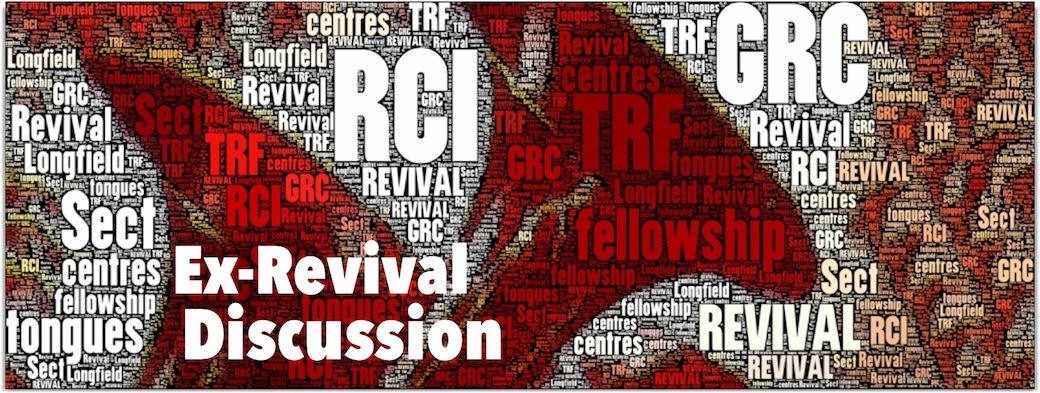
|
| Title: Article: Individual Differences Affecting Recovery | |
| Revival_Centres_Discussion_Forums > Reviving from Revival > Freedom Forum | Go to subcategory: |
| Author | Content |
|
Ex_Member
|
|
|
Date Posted:20/03/2010 1:48 PMCopy HTML Individual Differences Affecting Recovery Excerpted from Captive Hearts, Captive Minds: Freedom and Recovery from Cults and Abusive Relationships by Madeleine Tobias and Janja Lalich (Hunter House Publishers) Each person's experience with a cult is different. Some may dabble with a meditation technique but never get drawn into taking "advanced courses" or moving to the ashram. Others may quickly give up all they have, including college, career, possessions, home, or family, to do missionary work in a foreign country or move into cult lodgings. After a cult involvement, some people carry on with their lives seemingly untouched; more typically, others may encounter a variety of emotional problems and troubling psychological difficulties ranging from inability to sleep, restlessness, and lack of direction to panic attacks, memory loss, and depression. To varying degrees they may feel guilty, ashamed, enraged, lost, confused, betrayed, paranoid, and in a sort of fog. Assessing the
Damage Before
Involvement
During
Involvement Intensity and
severity of the thought-reform program Specific methods will also vary in their effect. An intense training workshop over a week or weekend that includes sleep deprivation, hypnosis, and self-exposure coupled with a high degree of supervision and lack of privacy is likely to produce faster changes in a participant than a group process using more subtle and long-term methods of change. Poor or
inadequate medical treatments Loss of outside
support Skewed or nonexistent contact with family and former friends tends to increase members' isolation and susceptibility to the cult's worldview. The reestablishment of those contacts is important to help offset the loss and loneliness the person will quite naturally feel. After
involvement Understanding the dynamics of cult conversion is essential to healing and making a solid transition to an integrated post cult life. Engage in a professionally led exit counselling session. Educate yourself about cults and thought-reform techniques. Involve family members and old and new friends in reviewing and evaluating your cult experience. See a mental health professional or a pastoral counselor, preferably someone who is familiar with or is willing to be educated about cults and common post cult problems. Attend a support group for former cult members. The following sets of questions have proven helpful to former cult members trying to make sense of their experience. Reviewing your recruitment 1. What was going on in your life at the time you joined the group or met the person who became your abusive partner? 2. How and where were you approached? 3. What was your initial reaction to or feeling about the leader or group? 4. What first interested you in the group or leader? 5. How were you misled during recruitment? 6. What did the group or leader promise you? Did you ever get it? 7. What didn't they tell you that might have influenced you not to join had you known? 8. Why did the group or leader want you? Understanding the psychological manipulation used in your group 1. Which controlling techniques were used by your group or leader: chanting, meditation, sleep deprivation, isolation, drugs, hypnosis, criticism, fear? List each technique and how it served the group's purpose. 2. What was the most effective? The least effective? 3. What technique are you still using that is hard to give up? Are you able to see any effects on you when you practice these? 4. What are the group's beliefs and values? How did they come to be your beliefs and values? Examining your doubts 1. What are your doubts about the group or leader now? 2. Do you still believe the group or leader has all or some of the answers? 3. Are you still afraid to encounter your leader or group members on the street? 4. Do you ever think of going back? What is going on in your mind when this happens? 5. Do you believe your group or leader has any supernatural or spiritual power to harm you in any way? 6. Do you believe you are cursed by God for having left the group? |



